What would life be like in Jaffa without the Muslim call to prayer blaring over crackly loudspeakers five times a day, lulling the hipsters and bohemians to sleep each night with its sweet Otherness and making the Muslim third of Jaffa's population feel a little more at home in a hard Jewish nation?
Tel Aviv Deputy Mayor Jaffa is a former Arab port town that was swallowed by the city of Tel Aviv in 1948 but never quite integrated. Today, the neighborhood retains its Islamic arches and headscarves, despite a new Jewish majority. But Deputy Mayor Giladi apparently doesn't find the same charm in this slice of Palestine as the alt-Tel Aviv artists who have “>Ynet and a translation over at the And in case Giladi's big F-U to Jaffa's historic Muslim community wasn't loud enough, the Likud party On Tuesday night the Likud-Beiteinu party’s branch in Tel Aviv-Jaffa distributed flyers and posters calling for the silencing of the muezzin, the Muslim call for prayer. Distributed throughout all the neighborhoods of Jaffa, the slogans on the flyers and posters call for the law regarding noise pollution to be enforced on mosques, and for a halt to the spread of the Islamist party.
Radical leftist activists and Islamist organizations have in recent years gained control of the public discourse in Jaffa. The Likud-Beiteinu have decided once again to bring this matter to the public’s attention, because this past Yom Kippur and throughout the entire month of the holy days, Jewish residents of Jaffa lodged numerous complaints about the holiness of those days being methodically disturbed in order to create a hostile atmosphere. Radical leftists and Islamist organizations have turned Jaffa into their playground, with the obvious intention of cutting it off from Tel Aviv and the rest of Israel.
Arnon Giladi, deputy mayor of Tel Aviv and chairperson of the Likud-Beiteinu’s Tel Aviv branch: “In recent years Jaffa has been occupied by radical leftists and Islamists who are trying, via religious education and [political] activism, to separate Jaffa from Israel and cut it off from Tel Aviv. We will act to correct this situation and develop a plan to ensure that Jaffa maintains its Jewish character. It is unacceptable that an autonomous Palestinian national entity exists just a few kilometers from downtown Tel Aviv, detached from the State of Israel’s values.”
So this is clearly about more than “noise pollution.” If Likud politicians were so into keeping the quiet, they would have stuck a cork in “>helping incite a race riot against African asylum seekers in South Tel Aviv last year, just can't stand to see their great modern Jewtopia overrun by non-Jews. (Even though the Israeli government's haphazard attempt to join Tel Aviv with Jaffa, an apple with an orange, allowed the awkward middle ground to become  Mahamit and a handful of other Jaffa residents told me that Jews and Arabs are relatively at peace in Jaffa (save for the occasional march or price tag), and that a separatist ban like the one Giladi is proposing would only serve to pit them against each other. “All the people here don't have a problem,” he said. Motty Ohayon, a Jewish resident of Jaffa who lives right around the corner from the Nouzha Mosque, agreed: He said that although the blare of the muezzin often wakes him up in the wee hours, that's just part of life in Jaffa.
Mahamit and a handful of other Jaffa residents told me that Jews and Arabs are relatively at peace in Jaffa (save for the occasional march or price tag), and that a separatist ban like the one Giladi is proposing would only serve to pit them against each other. “All the people here don't have a problem,” he said. Motty Ohayon, a Jewish resident of Jaffa who lives right around the corner from the Nouzha Mosque, agreed: He said that although the blare of the muezzin often wakes him up in the wee hours, that's just part of life in Jaffa.
“I don't care,” said Ohayon. “Only Arnon Giladi cares.”
Yoel Golvert, a young native of Haifa studying at Tel Aviv Academic College in Jaffa, said: “I could live without it, but it's such an old custom. And I'm a visitor here.” He explained that the Israeli government pays him a monthly stipend to attend the college, located across from the Nouzha Mosque. “Jaffa's getting bigger — for the Jewish scene at least,” he said.
“It's like to say to the Jewish people that they can't make noise with the horn — the shoffar — during Yom Kippur,” said Adi, a cab driver and self-proclaimed atheist Jew who did not wish to give his last name because “we live in a very delicate situation.”
Rami Sawaed, the Muslim clerk at a liquor store near the mosque, was especially suspicious of Giladi's intentions: “This is a political exercise for him to take Jewish [votes],” said the clerk. “This is not Tel Aviv — this is Jaffa.” When asked what he thought would be the consequences of silencing the muezzin, Sawaed said only: “Intifada.”
I didn't spot any of Giladi's posters over a full afternoon in Jaffa today, but they could very well have been torn down by a fierce opposition campaign that has reportedly taken shape since Likud's midnight leaflet party. In response to Giladi's campaign tactic, Wahl Mahmoud, chairman of the southern branch of the Islamic Movement in Israel, issued a stern call for religious freedom to “Over the past several years we have had excellent relations between Arabs and Jews. We coexist in a manner that cannot be seen anywhere else in Israel. We respect synagogues and Jewish holidays. But if they try to start problems over the call to prayer, they are in for a real fight. It is not noise, but a part of the 'soundtrack' of Jaffa, which includes the call to prayer and church bells. I live near the border of Bat Yam, near a Breslov synagogue, where they go out into the street to recruit people for prayers. I am happy to see someone reminding people of their religious obligations.”
Did you enjoy this article?
You'll love our roundtable.
Editor's Picks



What Ever Happened to the LA Times?

Who Are the Jews On Joe Biden’s Cabinet?


No Labels: The Group Fighting for the Political Center
Latest Articles

Sephardic Torah from the Holy Land | Rav Messas & Electric Menorahs

Branching Out for Hanukkah

What Starts in Europe
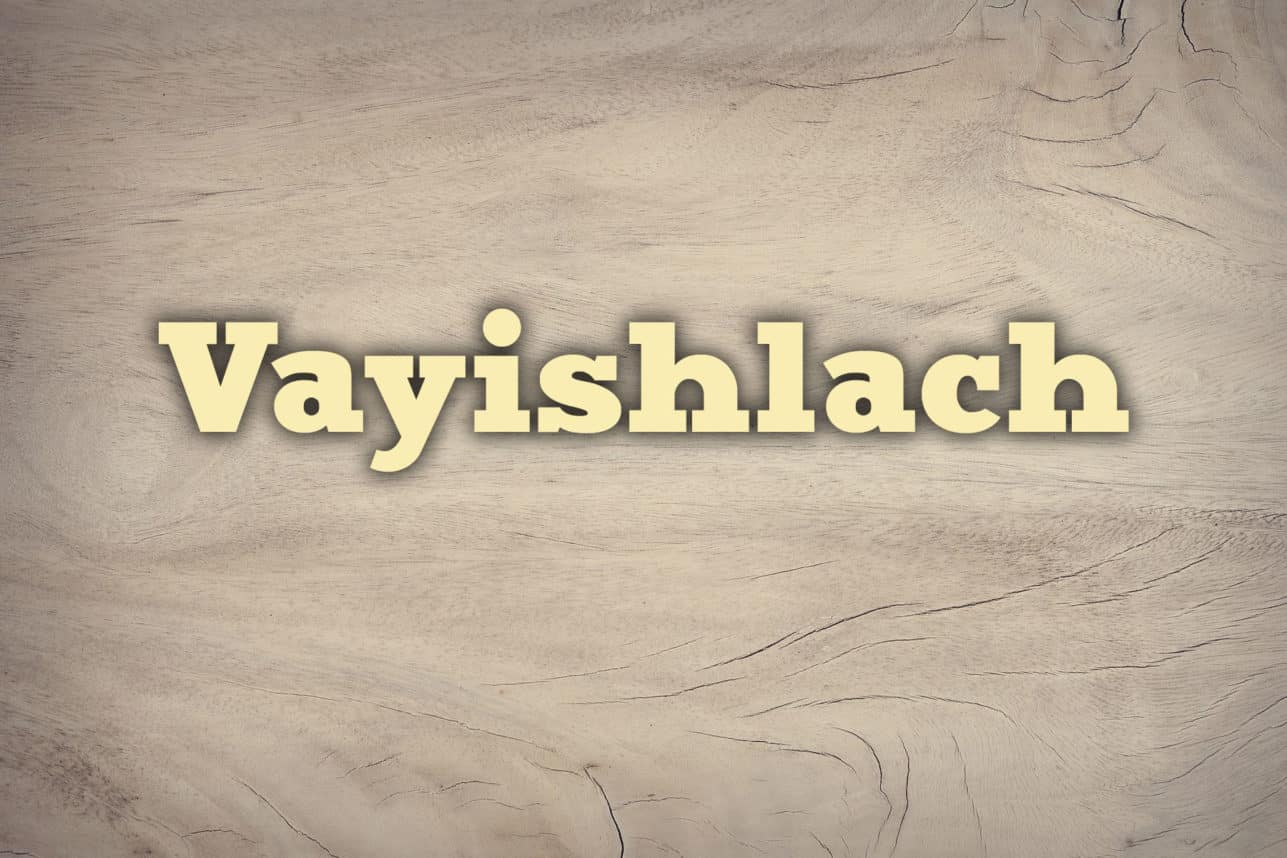
Table for Five: Vayishlach
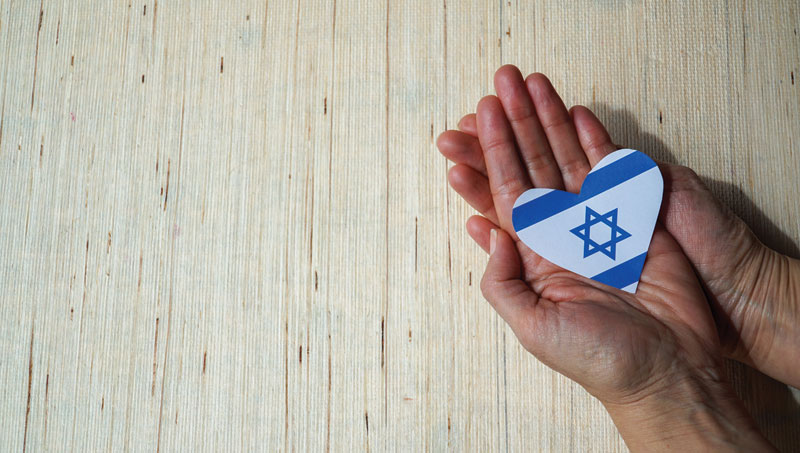
We Can’t Allow Our Enemies to Define Us



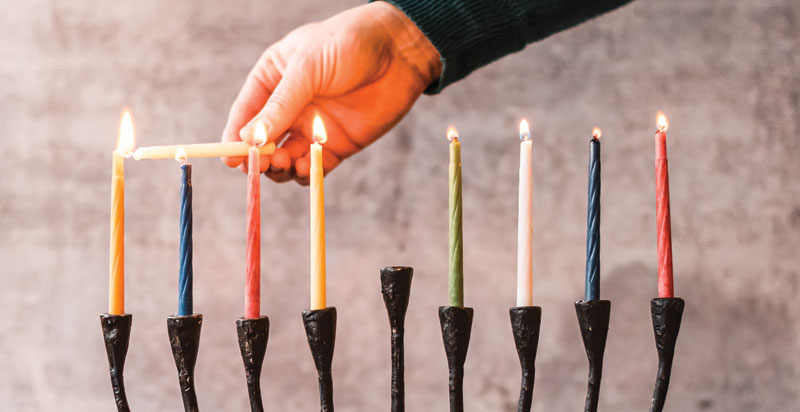

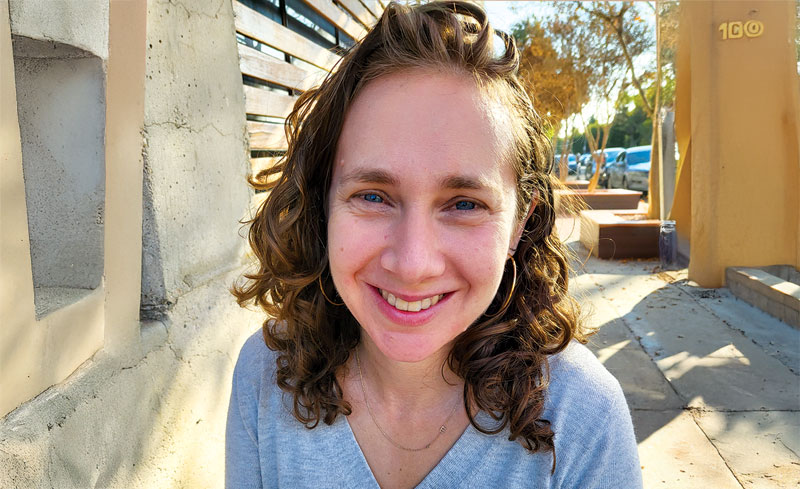
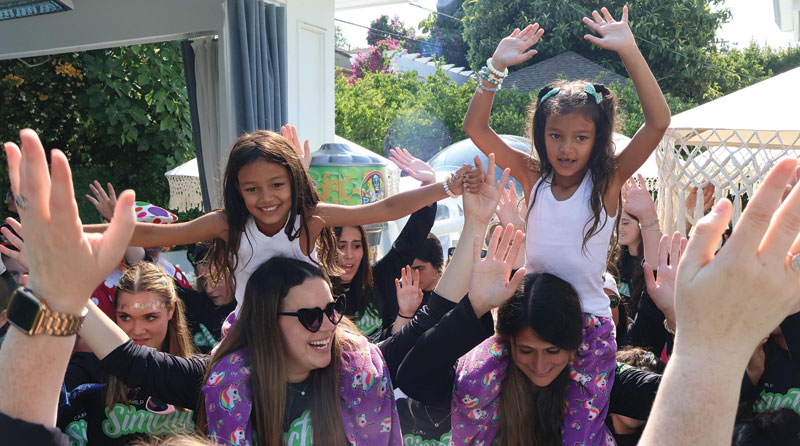





 More news and opinions than at a Shabbat dinner, right in your inbox.
More news and opinions than at a Shabbat dinner, right in your inbox.